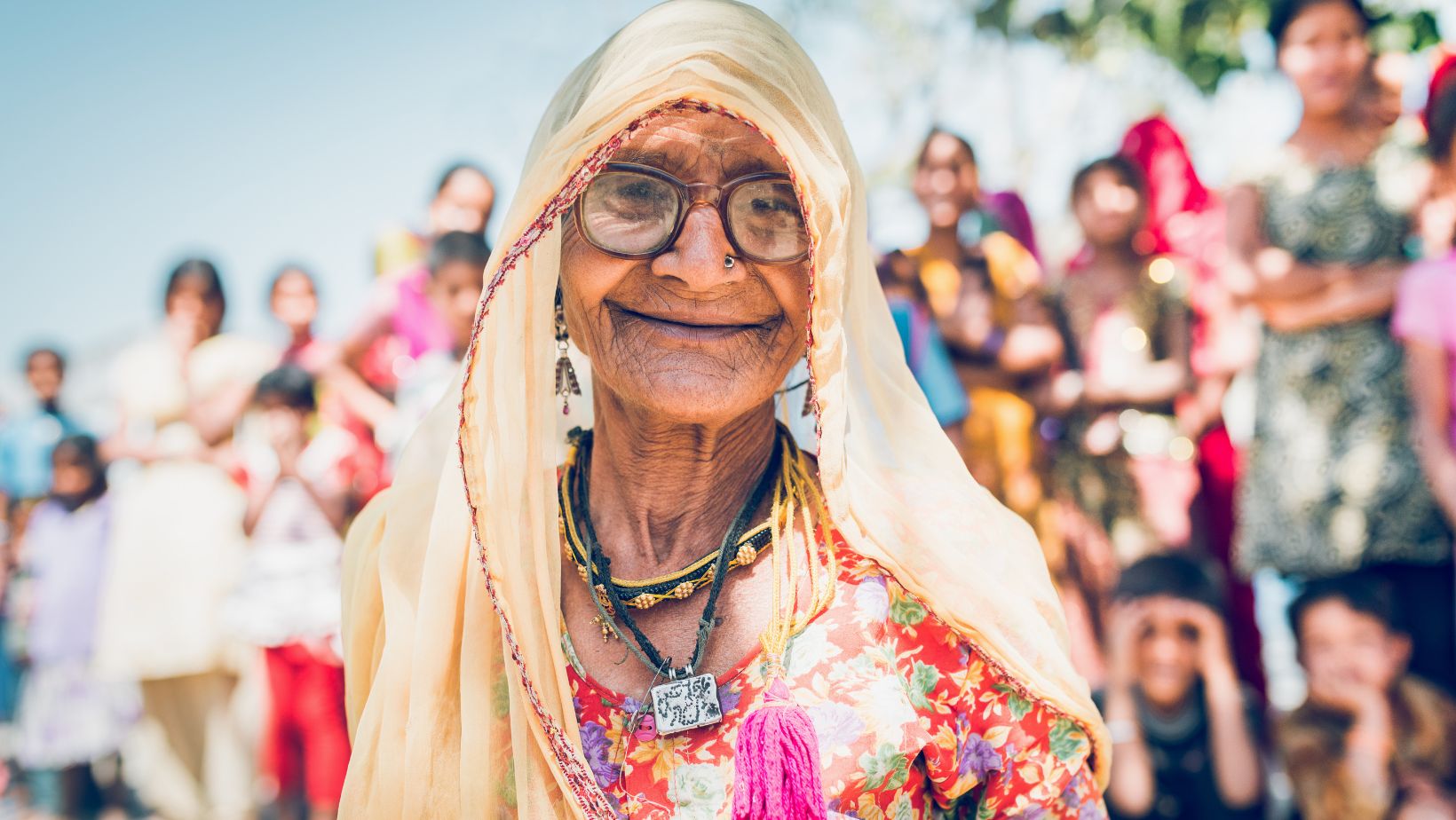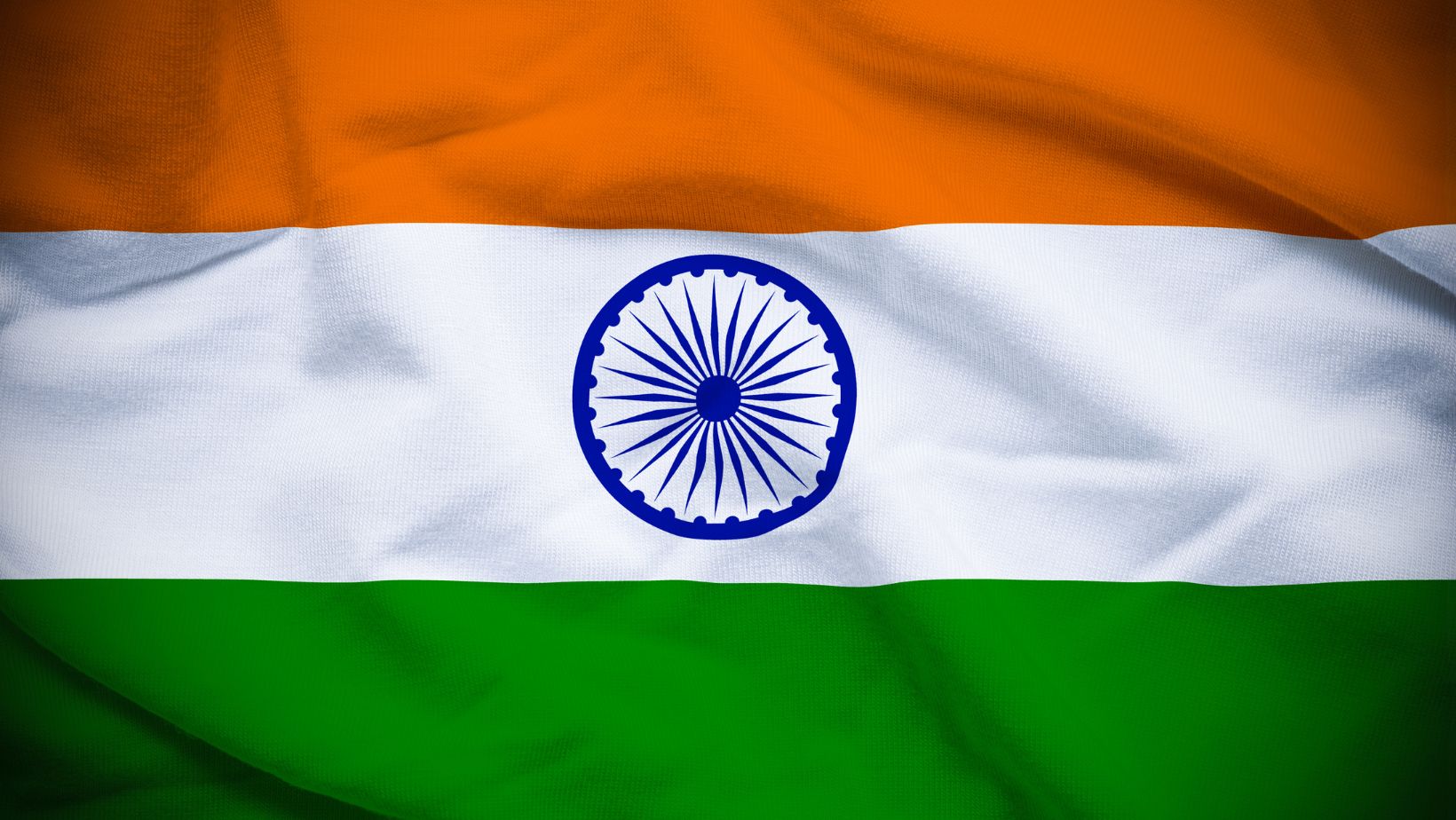
Indira Gandhi became India’s First Female Prime Minister because
Indira Gandhi’s rise to power as India’s first female prime minister was a groundbreaking moment in history. Her journey to this prestigious position was not a mere stroke of luck, but a testament to her remarkable leadership qualities and political acumen. In this article, I will delve into the factors that led to Indira Gandhi’s historic appointment, shedding light on the key reasons behind her groundbreaking achievement.
First and foremost, Indira Gandhi’s political lineage played a crucial role in her ascent to power. As the daughter of Jawaharlal Nehru, India’s first prime minister, she was born into a family deeply entrenched in politics. This familial connection provided her with invaluable opportunities to observe and learn from her father, honing her political skills from an early age.
The Role of Political Lineage
Growing up as the daughter of Jawaharlal Nehru, India’s first prime minister, Indira Gandhi was immersed in politics from an early age. This unique upbringing provided her with invaluable opportunities to learn, observe, and develop her political skills.
Inheriting her father’s passion and dedication for serving the nation, Gandhi was able to establish connections within the political landscape at a young age. This exposure to influential figures not only expanded her knowledge but also enhanced her understanding of the complexities of governance.
I believe that Gandhi’s political lineage played a crucial role in shaping her career. It opened doors for her to gain first-hand experience and to forge alliances with established political leaders. Drawing from her father’s network, she was able to navigate the intricacies of Indian politics with remarkable ease.
Moreover, Gandhi’s family background brought with it a certain level of credibility and trust. As the daughter of Nehru, she was seen as a symbol of continuity and stability. This proved significant, especially in a patriarchal society where women were not traditionally associated with positions of power.
Indira Gandhi’s Determination and Resilience
Indira Gandhi’s journey to becoming India’s first female prime minister was fueled by her remarkable determination and resilience. Throughout her political career, she faced numerous challenges and obstacles, but her unwavering commitment to serving her country and her ability to persevere propelled her to historic heights.
1. Overcoming Political Opposition
Indira Gandhi faced significant political opposition from within her own party, as well as from other political factions. However, she never let this deter her. Instead, she used her determination to navigate the complex political landscape and establish herself as a formidable leader. Her ability to rally support and build coalitions was a testament to her strong-willed nature.
2. Weathering Criticism and Controversy
As with any leader, Indira Gandhi faced her fair share of criticism and controversy. However, she showed immense resilience, standing strong in the face of harsh criticism and making tough decisions that were often met with opposition. It was through this resilience that she gained respect and admiration, even from those who disagreed with her policies.
3. Navigating Challenging Times
During her time as prime minister, Indira Gandhi led India through challenging times, including periods of economic uncertainty, political unrest, and social upheaval. Her determination to navigate these turbulent times and steer the nation towards progress was evident in her bold policies and actions. She did not shy away from difficult decisions and was unafraid to take calculated risks for the betterment of her country.

Navigating Through Turbulent Times
During her tenure as the Prime Minister of India, Indira Gandhi faced numerous challenges and had to navigate through turbulent times. Yet, she demonstrated remarkable leadership and resilience, guiding the nation through crisis after crisis.
One of the most significant challenges Gandhi faced was the economic crisis of the 1970s. India was grappling with rising inflation, food shortages, and a balance of payments crisis. In response, Gandhi implemented bold economic policies, including nationalization of banks and industries, to regain control over the economy. These measures, although controversial at the time, played a crucial role in stabilizing India’s financial situation and restoring economic growth.
Additionally, Gandhi had to confront political unrest and agitation in different parts of the country. She successfully tackled the Naxalite insurgency that sought to overthrow the government and establish a communist state. Gandhi’s firm stance and decisive actions ensured the maintenance of law and order while upholding the values of democracy.
Furthermore, she faced intense opposition from various political factions, such as the opposition parties, religious organizations, and social movements. Criticism and controversy seemed to surround Gandhi, yet she stood resilient, taking firm decisions that she believed were in the best interest of the nation.






